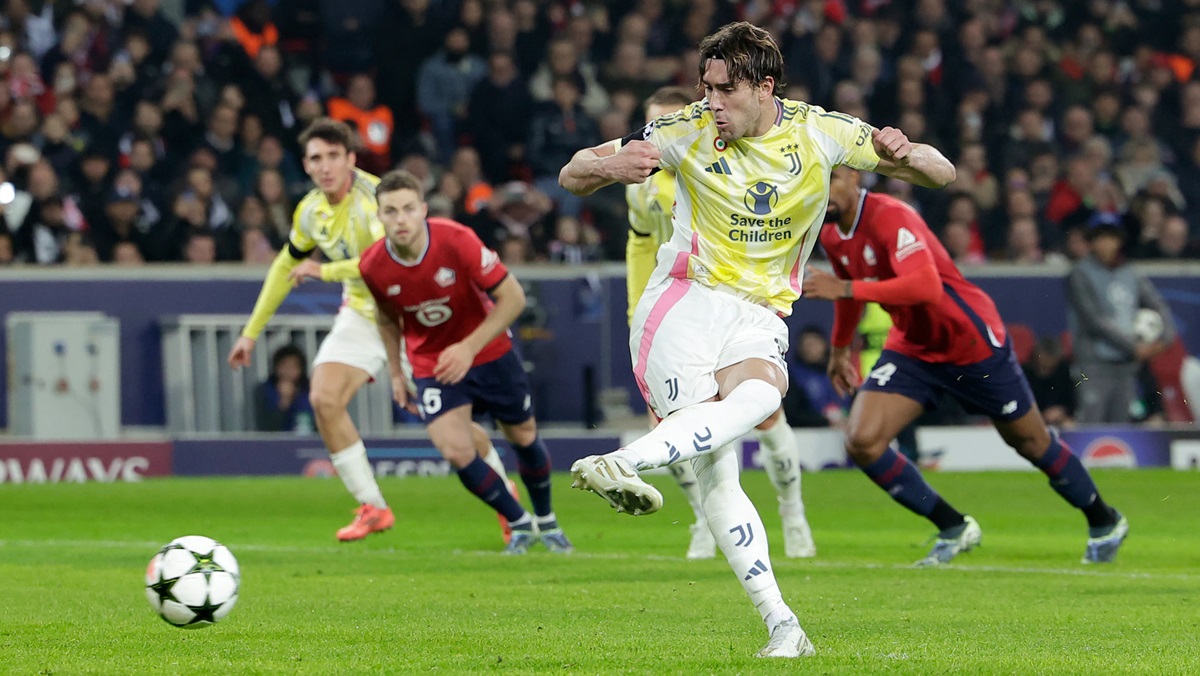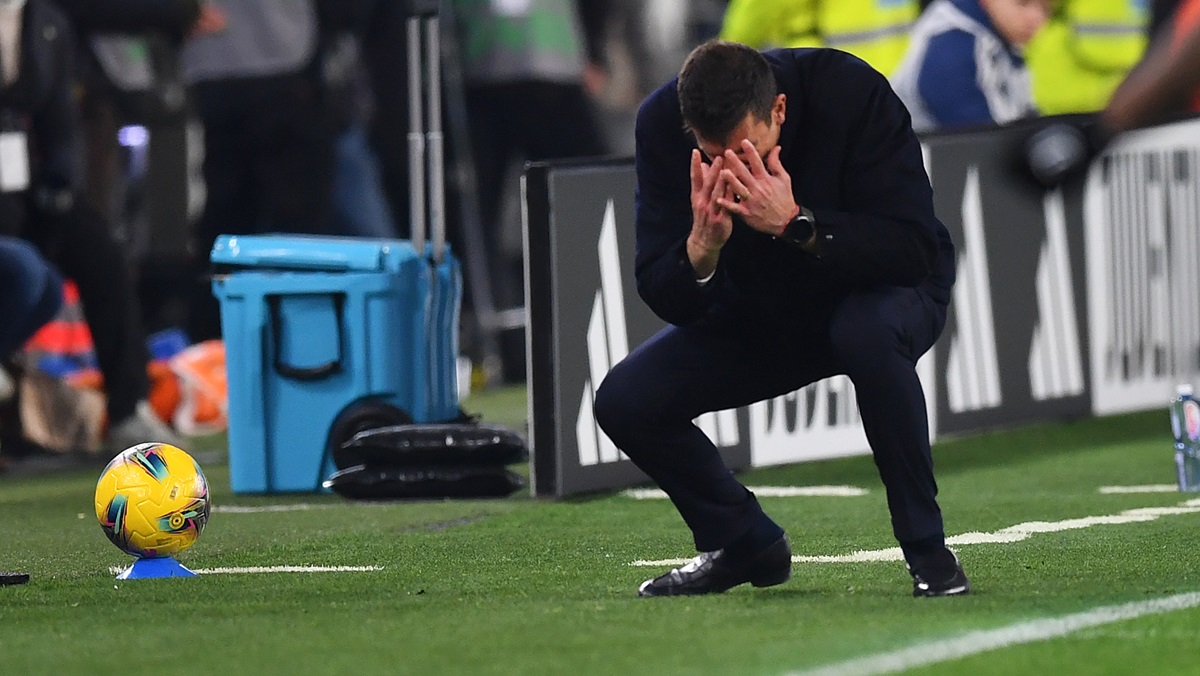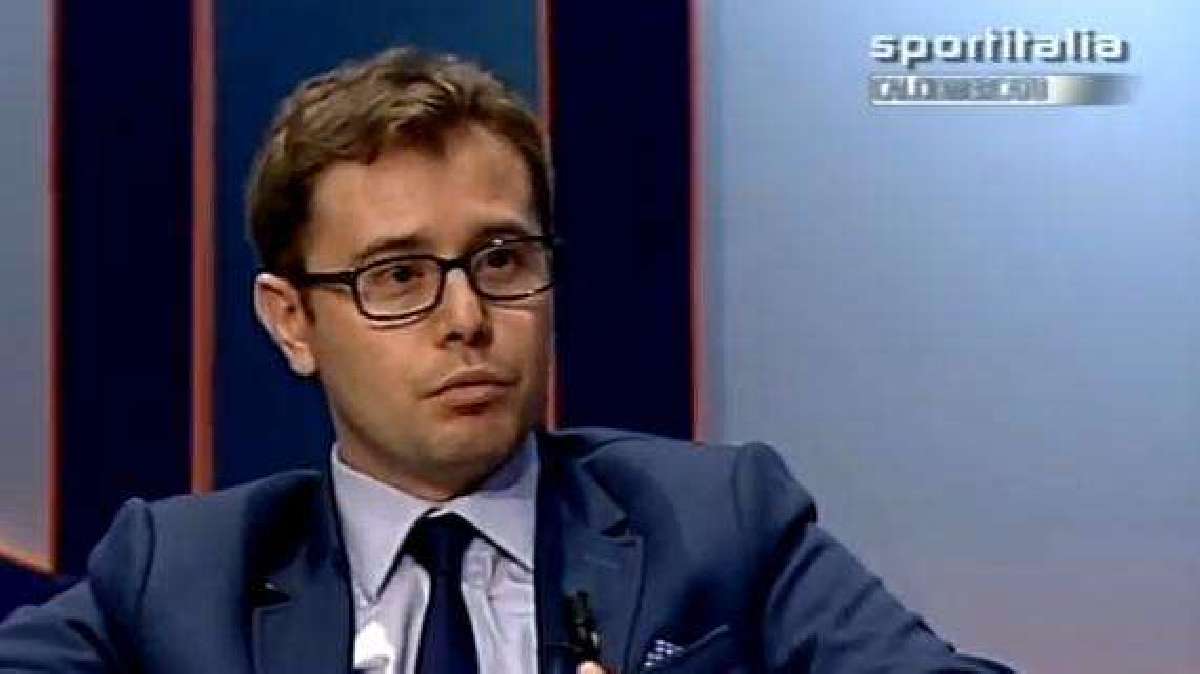ARTICLE AD
November 11, 2024 - 10:00 am

In Juventus’ recent clash with Torino, Dusan Vlahovic turned in a disappointing performance, struggling to connect with teammates and ultimately failing to make an impact. His subdued showing led Thiago Motta to substitute him, a decision that hinted at the coach’s frustrations with the Serbian striker’s limited involvement when he isn’t scoring. Timothy Weah, who moved further forward after Vlahovic’s departure, offered a more dynamic presence, highlighting the contrast between the two players’ impact on the pitch.
Vlahovic, still Juventus’ primary striker and widely known for his potency in front of goal, has often demonstrated that, when on form, he is nearly unstoppable. However, as seen in this fixture, he remains vulnerable to inconsistency and struggles to adapt his play when he’s not finding the back of the net. Against Torino, this inability to adjust left him out of sync with Juventus’ overall game plan, and he appeared isolated and ineffective without the necessary support.

Journalist Fabio Ravezzani echoed this sentiment after the game, observing that Motta now likely realises Vlahovic’s limitations as a contributor when he isn’t scoring. “Bad Vlahovic, who, if he doesn’t score, is of almost no use to the team game and Motta noticed it,” Ravezzani remarked, per Tuttojuve. This critique underlines the need for Vlahovic to broaden his game beyond pure goal-scoring if he wants to retain his place and become a more dependable asset to the squad.
For Juventus, relying heavily on Vlahovic’s finishing skills without expecting him to engage more holistically may limit their options in tight matches. With the team looking to contend seriously in Serie A, Vlahovic’s ability—or inability—to evolve as a more rounded player could be pivotal. His potential remains immense, but consistency and adaptability are crucial if he is to stay central to Juventus’ ambitions, especially when faced with defensive challenges like those posed by Torino.

 
 

.jpg) 2 months ago
25
2 months ago
25 

